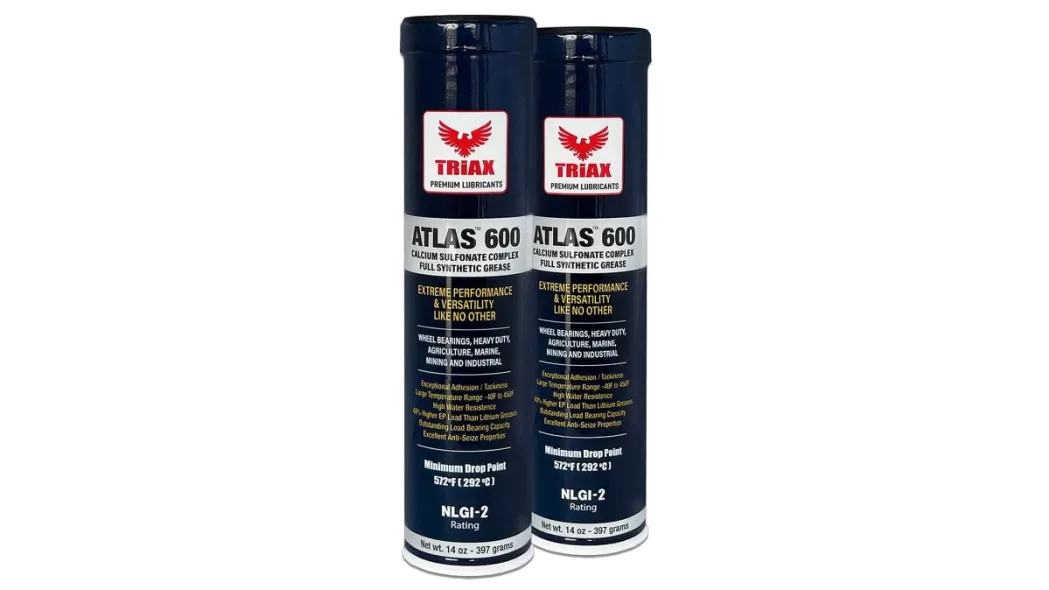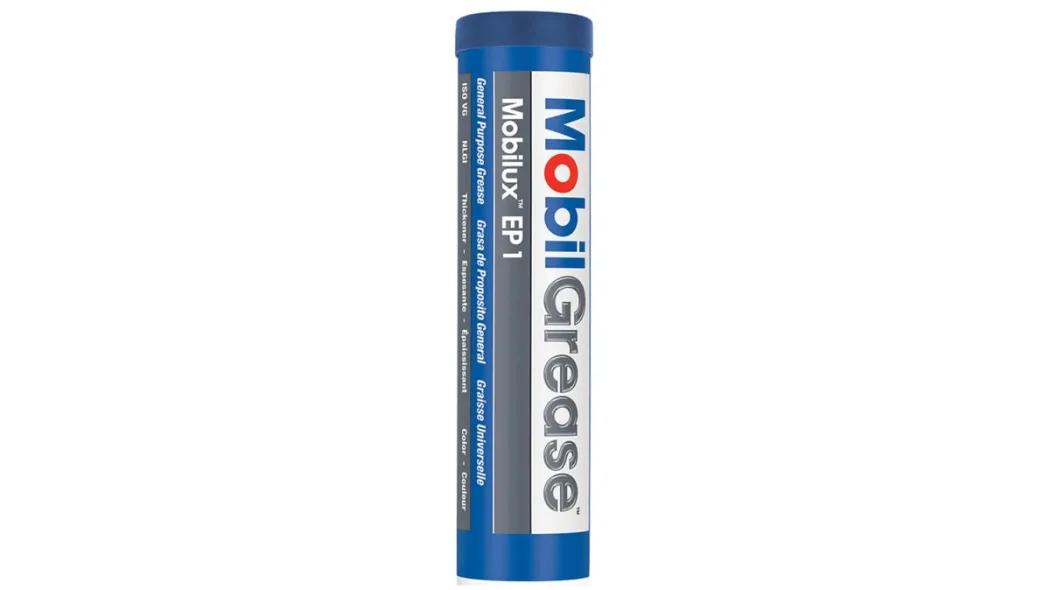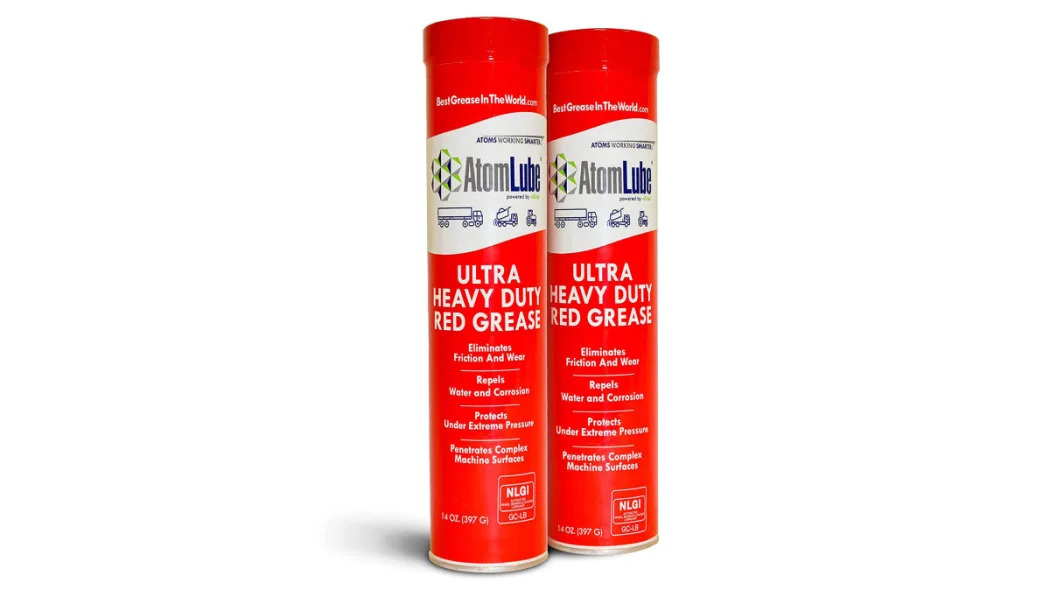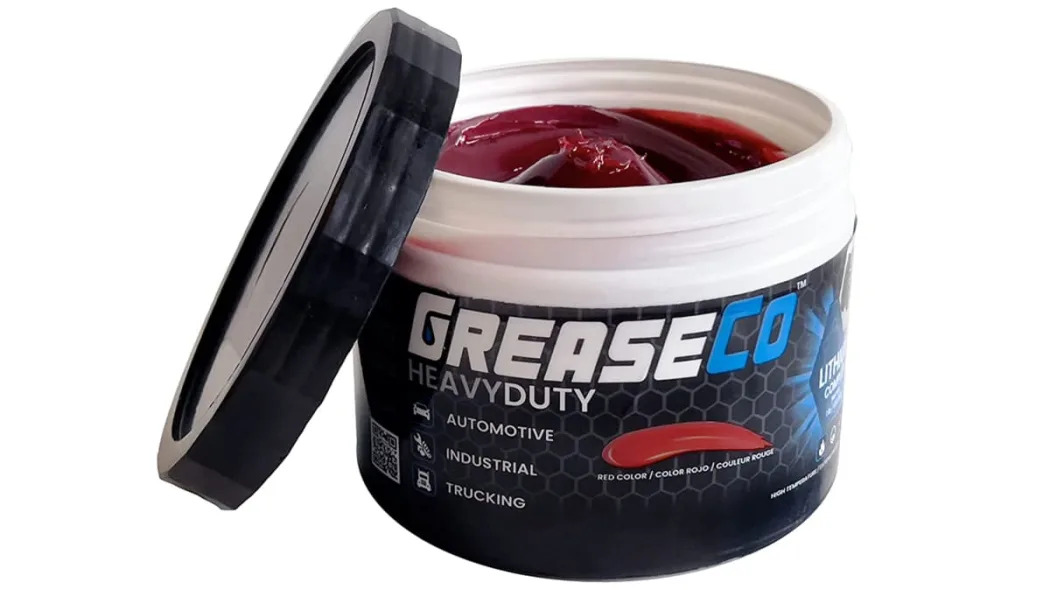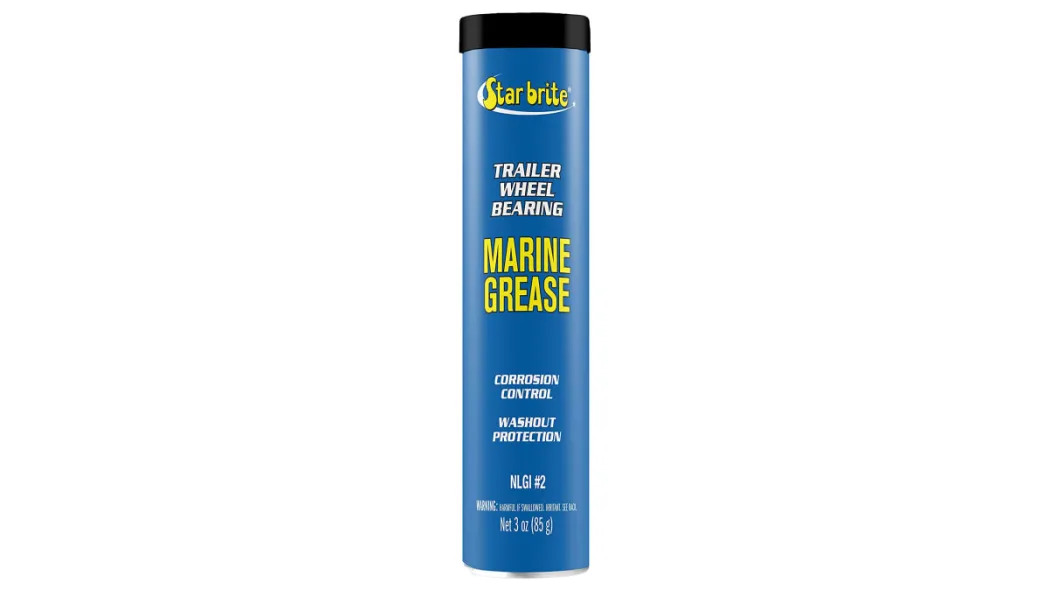The Best Wheel Bearing Grease In 2024
Autoblog may receive a share from purchases made via links on this page. Pricing and availability are subject to change.
Wheel bearing grease is a good car maintenance essential to keep in your garage as it can help to keep your vehicle running smoothly. Wheel bearings are a component that connects the axles to the wheels so these must be kept in good condition to keep your car running efficiently. Wheel bearing grease is used to lubricate these bearings to reduce friction. Here are the best wheel bearing grease options on Amazon.
$24.59 at Amazon
Key Features
- Pack of 2
- 550 F dropping point
- Less than 1% washout
- -40 F to 450 F operating temperature
- NLGI Grade: 2
The TRIAX Atlas 600 Grease is a heavy-duty grease that is highly water-resistant and strongly protects against corrosion. It’s very sticky with high tackiness to plastic, metal and rubber. This grease has an operating temperature range between -40 degrees to 450 degrees Fahrenheit. The dropping point can reach up to 550 degrees Fahrenheit.
$14.98 at Amazon
Key Features
- Lithium grease
- 374 degrees F dropping point
- Timken OK load: 40 pounds
- NLGI Grade: 1
This MobileGrease Mobilux EP 1 is an extreme pressure grease with an NLGI Grade: 1 rating. It has a 374 degrees Fahrenheit dropping point and a Timken OK load of 40 pounds. This product is recommended for industrial use and heavy-duty vehicles.
$23.60 at Amazon
Key Features
- Pack of 2
- Extends maintenance intervals
- Water-resistant
- Corrosion-resistant
- Eliminates friction
- NLGI GC-LB Rated
AtomLube Ultra Heavy Duty Red Grease will eliminate friction, corrosion and wear from your vehicle’s wheel bearings. This nano-engineered red grease will penetrate complex machine surfaces in order to extend service intervals, protect equipment mechanisms and prolong the life of the equipment. This brand meets the standards of the National Lubricating Grease Institute (NLGI) which is an association that grades wheel bearing and chassis grease. This grease is best for semi trucks and construction vehicles.
$17.99 at Amazon
Key Features
- High-quality red and tacky grease
- Protects heavy-duty equipment
- 500 F dropping point
- Timken OK load: 60 pounds
- Washes out easily with water
This GreaseCo Wheel Bearing Grease is the #1 best-selling automotive wheel bearing grease on Amazon currently. It’s a multi-purpose grease that’s compatible with various vehicles and heavy-duty equipment. It has a Timken OK load of 60 pounds, which is a measurement of the performance of grease under extreme pressure. This grease is lithium-based and can be used for cars, trailers, boats and construction vehicles.
$11.24 at Amazon
Key Features
- Pack of 2
- Designed for trailer wheels
- Protects from water rush out, corrosion and rust
- Great for winches, hatch hinges and pumps
Star Brite Trailer Wheel Bearing Marine Grease is engineered to protect the wheels of boats and trailers from marine corrosion. This grease protects the bearings from water rushout, corrosion and rust over an operating temperature between 0 to 325 degrees Fahrenheit.
How to apply wheel bearing grease
To apply wheel bearing grease, you’ll need a lot of tools. A jack, wrench, lug nuts, gloves and a tire rod to take the tire off. Once the vehicle is jacked up and the tire is removed, take off the dust cover and remove the drum. Next, remove the wheel bearing and clean it thoroughly and remove all of the old grease. Now apply the grease to the bearing with your hands or a grease gun. Once you fully lubricate the bearing, put all of the parts back in place and begin re-assembling your wheel and tire.
How often should I apply wheel bearing grease?
Wheel bearing grease should be applied every 10,000 to 12,000 miles or every year.
What happens if you mix bearing grease?
Mixing types of greases that aren’t compatible can cause serious problems to your wheel bearings. According to Bell Performance, the greases “may react together and cause a separation of the base oil or oils from the thickeners of the two greases. When this happens, the base oil can no longer stay in place and you get a messy situation – oil oozing or running out of the area where it was applied”.


